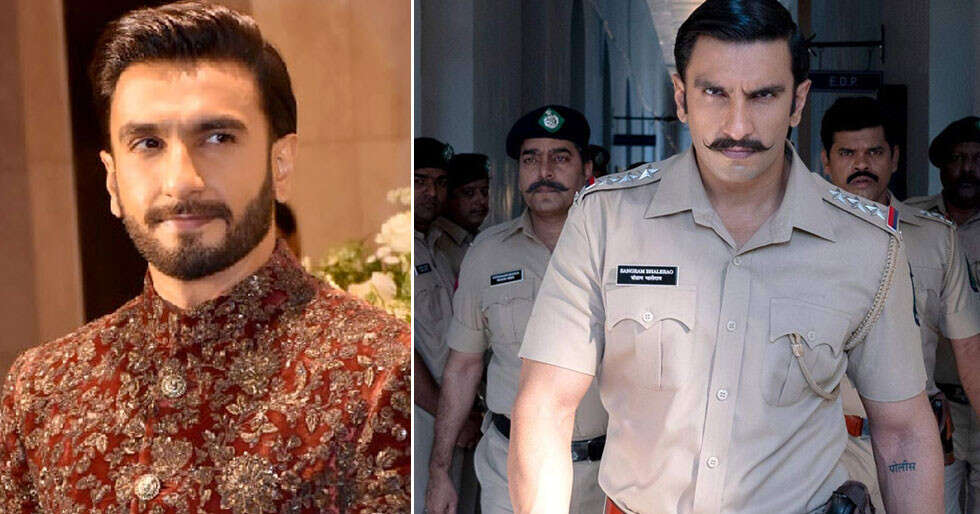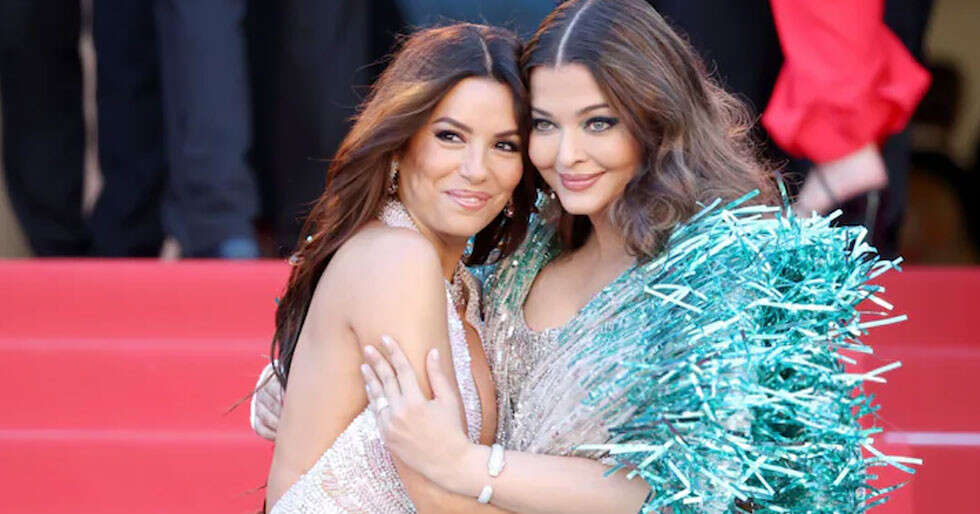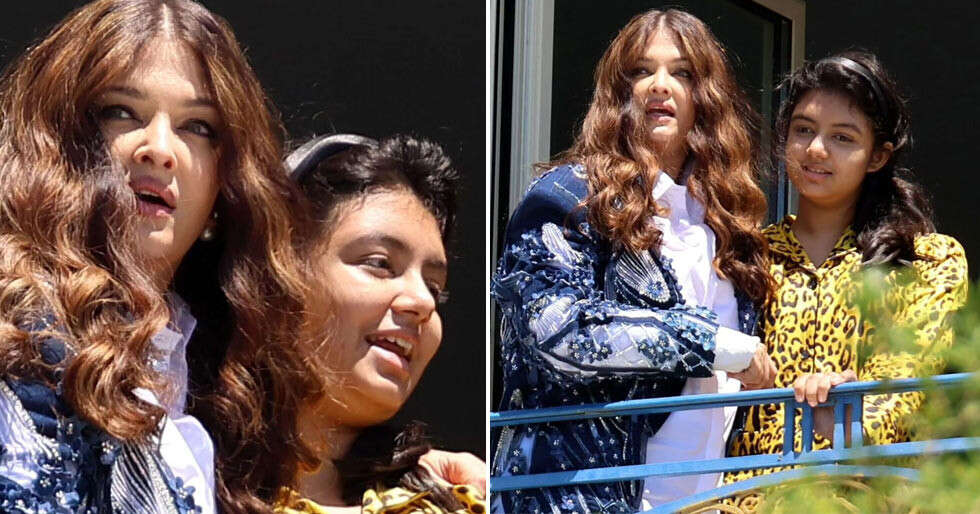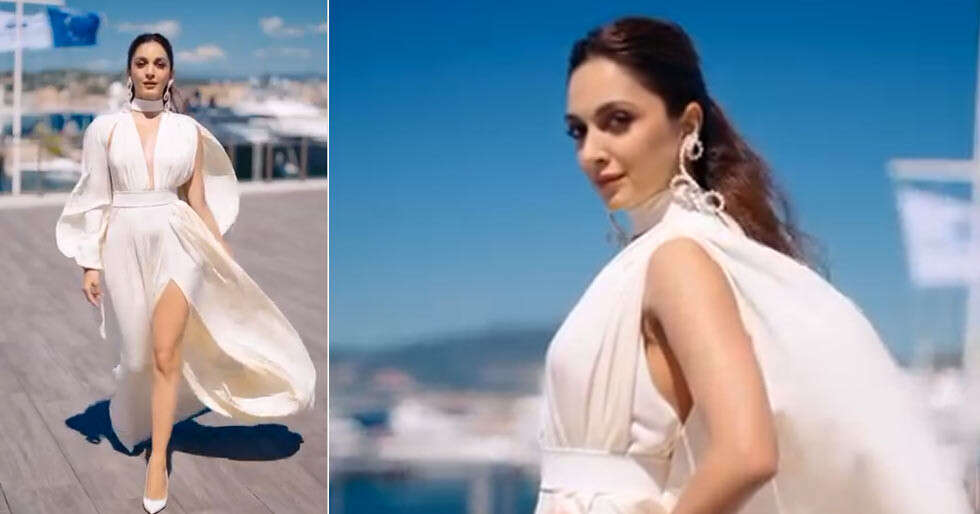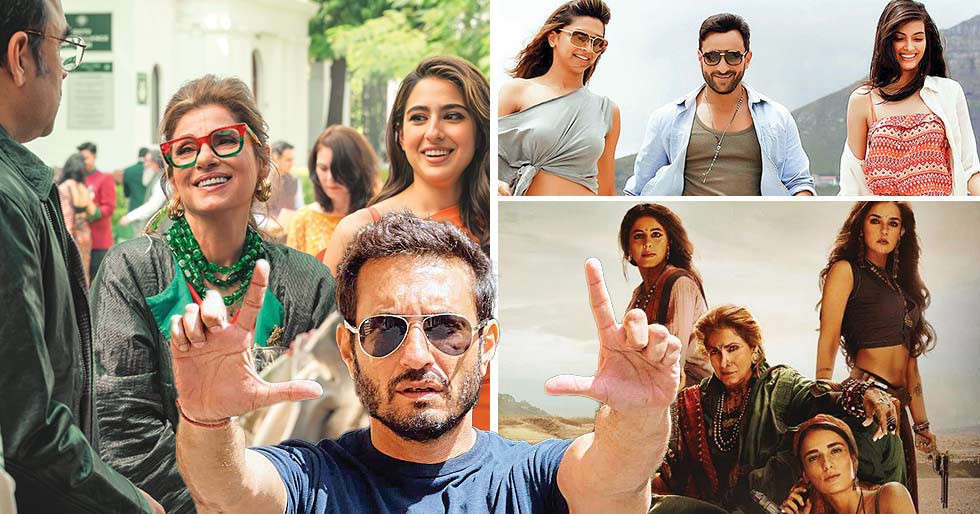
What made you direct Murder Mubarak?
I’ve always been intrigued by the murder mystery genre. It’s always fascinating because it demands heightened audience participation. Everyone wants to play detective, trying to outsmart the storyteller. When Suprotim Sengupta and Gazal Dhaliwal presented the screenplay and the catchy title Murder Mubarak, adapted from Anuja Chauhan’s book Club you to death, I was hooked. They crafted the breadcrumbs and red herrings expertly, creating an engaging journey for the audience. It’s like playing a big board game.
What’s the most challenging aspect of creating a murder mystery?
The toughest part is crafting it on paper. If the mystery isn’t foolproof in the script, it won’t work. Keeping track of all the elements and characters’ actions, especially since filming isn’t done in a linear manner, poses a challenge. From a directorial perspective, it involves directing actors to portray ambiguity in their reactions, essentially playing mind games with both the characters and the audience.
With an ensemble cast like in Murder Mubarak, how do you manage any potential ego clashes?
There are no egos; these are just exaggerated stories. We’re all different but the director’s energy sets the tone on set. There’s no room for starry attitudes or tantrums nowadays. Everyone is professional and we have a lot of fun during shooting. If you’ve seen the film, you’d understand that everyone is reacting to their co-stars in the film. That kind of coordination wouldn’t have been possible if there were ego clashes.
You’ve worked with both Kareena Kapoor Khan and Karisma Kapoor, how do they differ in their approach to acting?
They’re very different. Kareena’s approach is organic and effortless, while Karisma has a more methodical approach. Their preparation methods vary. But the end result is fantastic for both.
What was your approach to working with Sara Ali Khan? She had the most crucial role in the film.
Her role was indeed crucial but it didn’t supersede anyone else’s role in the film. The film is crafted in such a way that it keeps the viewers guessing till the very end. I wanted Sara to unlearn everything and approach the role with a fresh perspective. It can be intimidating for any actor to work alongside such talented actors as Dimple Kapadia, Karisma Kapoor and Vijay Verma. I encouraged her to keep it natural and not over-prepare, which led to a great performance. It so happens that you unconsciously pull up attributes from those around you and give your best. And I believe that proved true in Sara’s case as well.
Your collaboration with Dimple Kapadia seems fruitful. Can you tell us about your relationship with her?
Dimple has been part of my filmmaking journey from the start. And now, I can’t imagine making a film without her. If I ever announce a project without her, I know I’m in for some serious scolding. We understand each other well, and despite occasional disagreements on set, it’s always a fulfilling experience working with her. I think we like fighting with each other on the sets as it kind of calms us. She’s professional to the hilt and there will always be a place for her in all my projects.
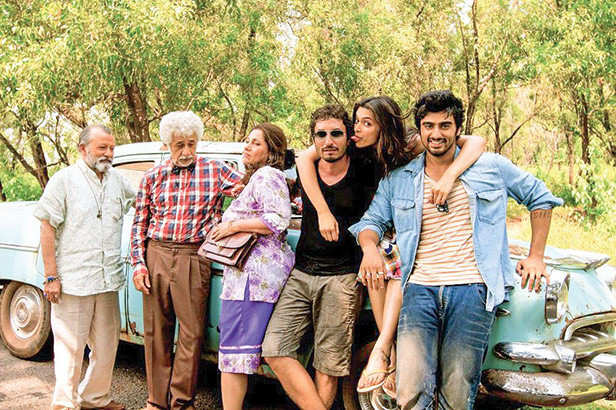
She’s there in your web series Saas Bahu Aur Flamingo. Incidentally, it featured only women in lead roles. What inspired this choice?
Believe me, it wasn’t a conscious decision. The story just unfolded that way. I was inspired by a chance encounter with Baloch gipsies and the idea of women running a drug cartel in a patriarchal setup. It was a refreshing dynamic to explore. And I believe women characters can carry a story just as well as men. I feel women are far far superior and stronger than men
to begin with so they should be the main characters in all my movies.
What do you enjoy most about directing a film?
The best part is the camaraderie and shared experience with the cast and crew. It’s like living in a little village, working towards a common goal of telling the story in the best way possible. I cherish the connections and stories shared during filming. Because frankly, I am quite a loner by nature. I am not someone who is overly fond of being extra social. So the maximum I get to socialise is on my sets.
As a filmmaker, what challenges do you face in today’s industry?
Fortunately, I face no major challenges. I have the freedom to tell the stories I want, thanks to a great collaboration with producer Dinesh Vijan, who values creative expression. I steer clear of political or religious themes, focusing on the stories that resonate with me. I can say that by and large, my films haven’t hurt anyone. My only aim is to cater to a mass audience and as long as that gets fulfilled, I’m content.
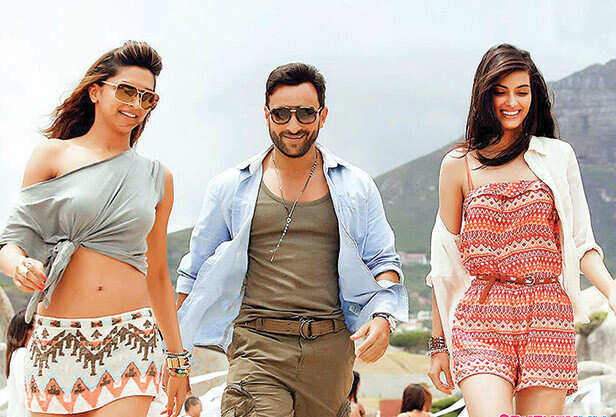
What do you hope audiences take away from your films?
I reiterate the fact that I don’t aim for big social commentaries. I tell stories that interest me at the time. My goal is to entertain and perhaps enrich the audience’s lives in some way. While there are filmmakers who excel in social commentary, I focus on storytelling without overcomplicating it. I wouldn’t know if I’d find Cocktail or Finding Fanny as interesting today as I did when I was making them. It’s a phase of one’s life and the same is true of the audience as well. We’re all constantly evolving and should learn to embrace the change.
Despite your successful films, you’ve said in your interviews that you consider yourself an average filmmaker. Why is that?
I believe in knowing my limitations and celebrating what I can do well without boasting. There’s a vast world of cinema out there and I humbly acknowledge that I’m not at that level. It’s about embracing one’s abilities and continuing to grow. Instead of shouting grandiose claims from the rooftops, it’s better to say, ‘haan yaar, main average hoon,’ (Yes, I’m an average filmmaker) and move on. That gives you a chance to grow, to learn, to become better.
Finding Fanny was a journey of self-discovery. Do you feel you’ve found yourself?
I’m deeply invested in the journey of self-discovery, although I’m not sure if I’ve found myself yet. Films like Finding Fanny resonate with me personally, reflecting different phases of life and growth.
Will we see you collaborate with Deepika Padukone again in the future?
There’s a possibility; we’ve discussed it recently. However, I’d prefer to explore new challenges rather than revisit past collaborations. Our strong understanding of each other’s craft makes collaboration exciting. I don’t want to approach her with something we’ve done before.
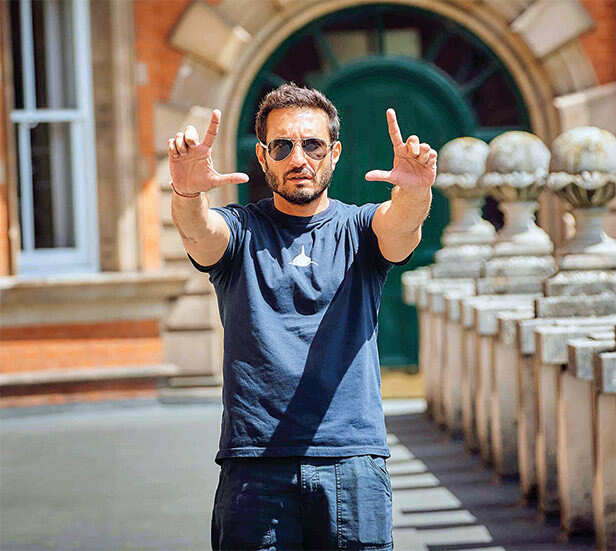
What did you learn from your time with Irrfan Khan?
Spending time with Irrfan during our Angrezi Medium was profound. Despite his health struggles, he remained passionate about his craft. In fact, when I told him, ‘Why are you shooting, go home and rest,’ he told me, ‘Yaar Homi, mujhe meri craft se bahut Mohabbat hai. Being with him taught me not to take things too seriously and to find joy in storytelling.
How did that experience influence your subsequent projects?
It taught me to approach filmmaking with a lighter attitude, focusing on storytelling rather than external validation. This mindset helped me navigate challenges and find fulfilment in the process. We shot Saas Bahu Aur Flamingo in the desert for three months. People said that you won’t be able to shoot eight episodes at one go in these conditions but I didn’t feel any fatigue. As I was passionate about what I was doing.
What are your aspirations in life?
I seek peace and happiness above all else. Material possessions and drama hold little importance to me. I’m grateful for the simple joys of life, surrounded by loved ones and pursuing my passion for storytelling. I am lucky enough to have food on my table and have a full belly, my kids are safe, love is all around us, you’d be stupid to be wanting anything more.
Source Powered by Yes Mom Hosting

